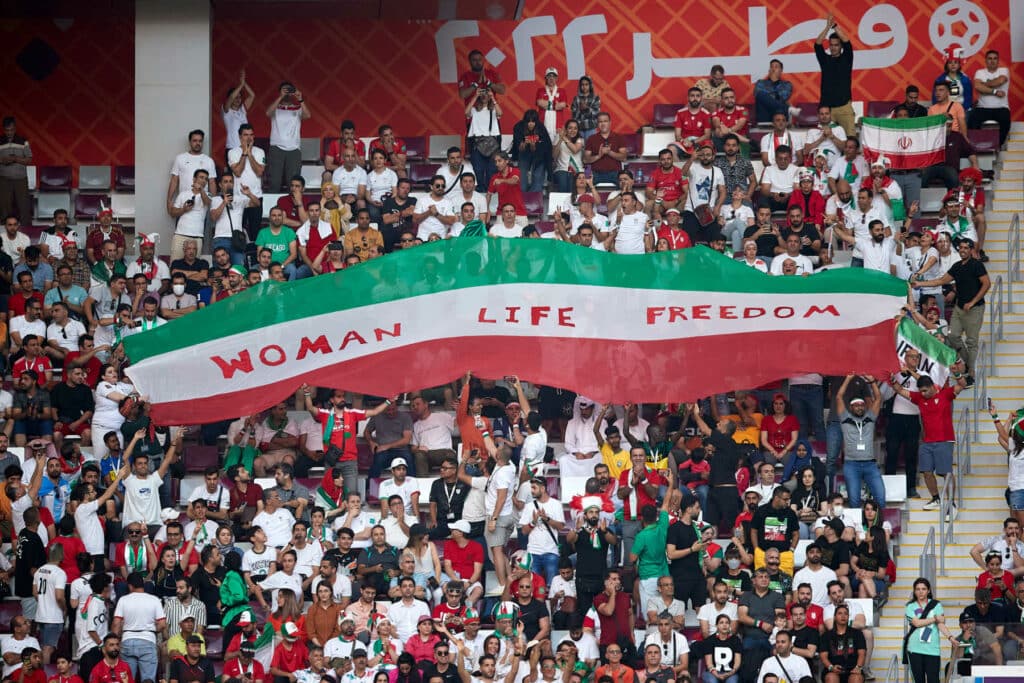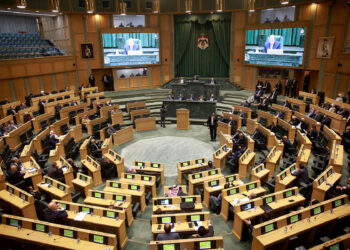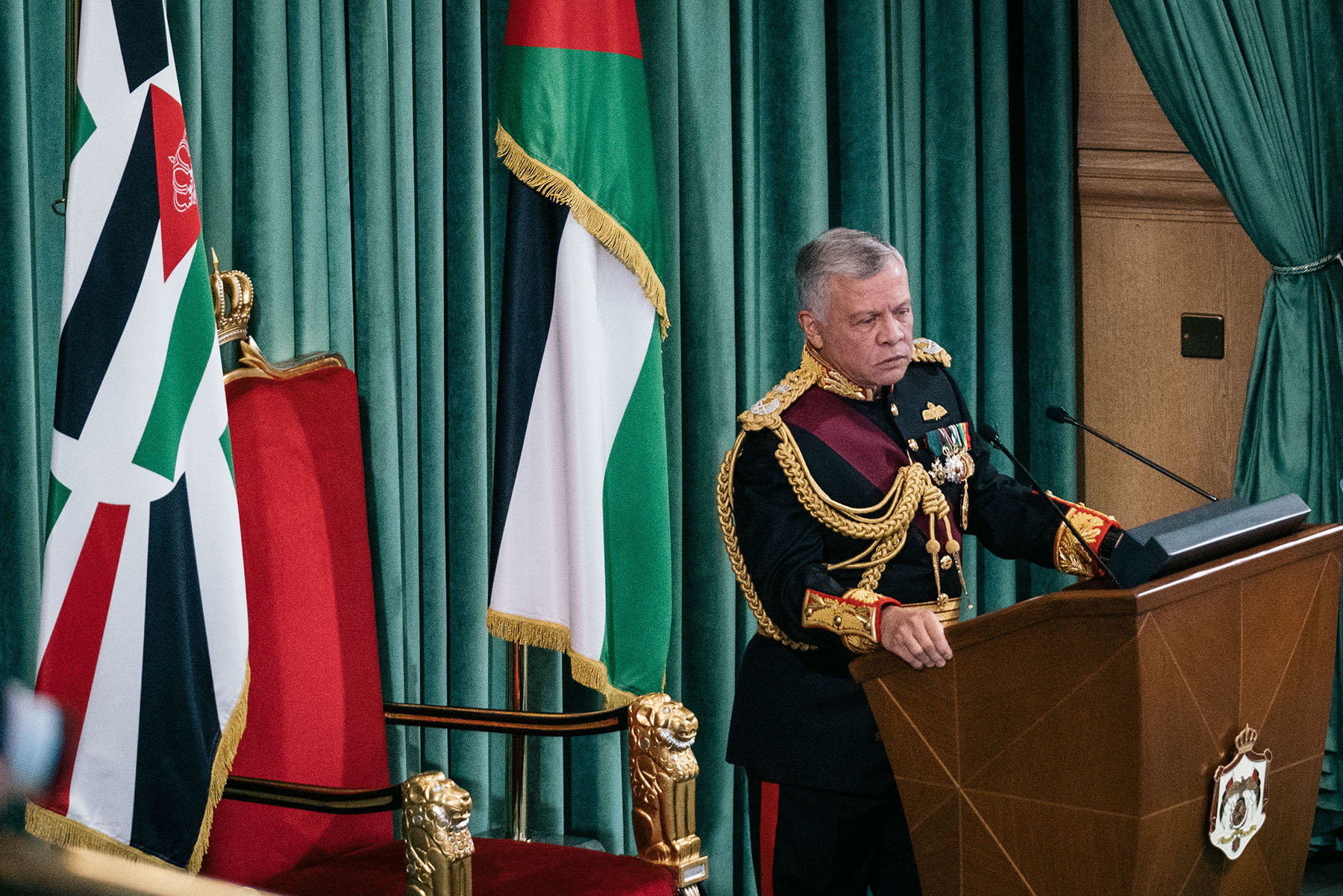Kourosh Ziabari is an award-winning journalist from Iran and a correspondent for Asia Times.
As nationwide protests have gained steam in Iran following the death of 22-year-old Mahsa Amini in the custody of the so-called morality police in September, the Islamic Republic has confronted dissent with new levels of severity. As of Sunday, 488 protesters, including 68 minors, have reportedly been killed, and with some 18,000 protesters arrested, detention facilities are overflowing. After several reported executions in the province of Sistan and Baluchestan, some of which haven't been documented, two protesters were hanged to death in a span of four days in Tehran and Mashhad. As the crackdown widens, artists and athletes who express solidarity with the protest movement are now the latest targets of a government that senses its legitimacy is at stake.
Since the beginning of the uprising, dozens of prominent actors, directors, writers and athletes who sided with the protesters, often through acts as simple as posting sympathetic tweets or Instagram stories, have been arrested, threatened and intimidated. These are individuals who were long believed to have enjoyed a certain degree of autonomy in Iran and respect from the government, given their popularity and cultural distinction. In the absence of a free press and accountable institutions that would scrutinize government corruption and misrule, many of these celebrities and cultural figures have taken on the mantle of amplifying the voices of Iranians who would otherwise not be heard. During episodes of collective trauma in the country, average Iranians have come to expect these luminaries to square up to an ostensibly impregnable government and challenge its policies and conduct.
This time around, expectations were much higher, and given the ferocity of the government's crackdown, jaded Iranians craved a vocal stance by the household names they confided in and believed could be their representatives. When an early internet blackout presaged a massive disruption to communication and the flow of information in the country, the pressure grew on popular public figures in Iran to speak out.
As the crackdown in Iran widens, artists and athletes who express solidarity with the protest movement are the latest targets of a government that senses its legitimacy is at stake.
- Kourosh Ziabari
Some of these stars of the arts and sports world in and outside Iran took the lead in rallying support for the protests by drawing on their massive base of social media fans. Ali Karimi, a former legend of the national football team and FC Bayern Munich midfielder who had left Iran in August, was one of the pioneers of this movement in exile. With 1.5 million Twitter followers and 14.4 million followers on Instagram, he was pivotal in amplifying the stories of individual protesters and drumming up support for the demonstrations, strikes and displays of civil disobedience.
A celebrity once praised as a national treasure—Iranian state media had long called Karimi "the Magician"—soon faced the government's wrath. On Oct. 4, Karimi was charged in absentia for his support of the protesters, accused by Iran's judiciary of being "one of the primary leaders of the recent rioting in the country" and of "colluding with the enemy" and "encouraging rioting."
The charges against one of Iran's trailblazing athletes were so shocking to Iranians that a government spokesperson had to wade in to contain the backlash. Ali Bahadori Jahromi told a student gathering at the University of Qom that the government didn't have any issues with Karimi returning to Iran if he decided to. But he amended his own statements a few days later, adding Karimi should be "accountable" for the claims he had made about protesters being killed by government forces.
Karimi was not the only prominent athlete to be caught in the government's crosshairs. Ali Daei, the former captain of the national football team who until recently held the record as the top goal-scorer in international football, had his passport confiscated upon flying back to Tehran from Istanbul in early October. He had written on Instagram that the Iranian government should "solve the problems of the Iranian people rather than using repression, violence and arrests." Daei is arguably the most revered living football player in Iran and was one of the first to compete in European leagues following the 1979 revolution. One of his former clubs in Germany, Berlin's Hertha BSC, where Daei played between 1999 and 2002, tweeted in the wake of the seizure of his passport, "We are dismayed looking at the current situation in Iran. Our former player Ali Daei is no longer permitted to leave the country because he has come out in favor of women's rights."
His passport was given back to him three days later, but Daei then refused an invitation to attend the opening of the World Cup in Qatar, in order to express solidarity with the protesters at home. "I prefer to be next to you in my homeland and express my sympathy with all the families who lost loved ones over these days," he wrote on Instagram.
Daei's unflinching support for the protests had infuriated hard-liners in Iran, prompting calls by state-affiliated media to arrest him. It was perhaps only because of his stature and global reputation that he wasn't prosecuted. But he continues to be a target of the government and has said he has faced threats in Iran.

Other famous athletes and artists have not been spared jail time for backing the protests. Hossein Mahini, a popular national footballer with a Twitter account bursting with political messaging, was arrested on Sep. 30 for what the authorities claimed was his role in "instigating riots." His arrest was one of the first instances of the government going after a prominent athlete, potentially opening the floodgates for similar arrests.
Parviz Boroumand, a former goalkeeper of the national football team who was part of 1998 FIFA World Cup squad, was arrested on Nov. 15 after being spotted at a demonstration in Tehran. Soroush Rafiei, a 32-year-old footballer with the popular Tehran club Persepolis FC, was also arrested.
One of the most contentious developments was the arrest and subsequent release of Voria Ghafouri, an Iranian-Kurdish football player and former national team star who has carved out a reputation for himself as one of the most politically engaged athletes in the country. His refusal to give interviews to state TV and his advocacy for women's rights have earned him plaudits. After he was arrested on Nov. 24 for "spreading propaganda against the state," he was released on bail two days later amid a public uproar.
These arrests were being made just as Iran's national football team was gearing up for the World Cup in Qatar. Many Iranians expected the players to leverage the platform of the highly visible international event to vocally support the protesters making sacrifices at home. Although some of the footballers, including Sardar Azmoun, had posted messages of solidarity on their social media, most of them toed the government line and refused to speak out, likely dreading the consequences upon their return to Iran at the end of the tournament.
This muted response from the players led to bitter division among Iranians over supporting or boycotting Team Melli, as the national squad is known. Many Iranians even took to the streets to celebrate the team's defeat against England and the United States, creating scenes of surreal schadenfreude. People rejoicing at their own national team's loss spoke to the unusual situation the footballers were caught up in, mostly not knowing how to react to the protests.
Just this week, reports emerged that another Iranian footballer who was arrested in November for taking part in the protests, Amir Nasr-Azadani, faces possible execution. The international union of football players, FIFPRO, said it was "shocked and sickened" by the reports, and that Nasr-Azadani was "campaigning for women's rights and basic freedom in his country."
By turning on elite athletes and artists who not long ago were celebrated in the Islamic Republic, the clerical establishment has further exposed the depth of its crisis of legitimacy.
- Kourosh Ziabari
Meanwhile, acclaimed Iranian artists have also spoken out. A committee set up to monitor the whereabouts of film directors, actors and other cinema professionals who have been prosecuted by the government for supporting the demonstrations has reported that 150 of them have either been summoned by the authorities, detained, pleaded guilty, been barred from leaving the country or alternatively subjected to other restrictions.
Award-winning actress Hengameh Ghaziani was arrested in late November after posting a video of herself on social media without a compulsory headscarf. "From this moment on, whatever happens to me, know that as always, I am with Iranian people until my last breath," she wrote on Instagram. Katayoun Riahi, another noted actress who was long a fixture of Iranian state TV (including her government-applauded role in the Islamic drama series "Prophet Joseph"), was also arrested for removing her veil and admitting publicly that she had been wearing a hijab for several years under duress and involuntarily. Ghaziani was later released, and Riahi was released on bail. Reports have swirled recently that the popular actress Mitra Hajjar was also detained at her home over her activism. In Tehran, commercial billboards have been taken down that featured Shahab Hosseini, perhaps the country's most distinguished male actor, who won the best actor award at the Cannes Film Festival in 2016. He had expressed sympathy for the protesters on Instagram, describing them as "fed up with the absence of justice in their life."
By turning on elite athletes and artists who not long ago were celebrated in the Islamic Republic—and some of whom even contributed to the theocracy's publicity campaigns—the clerical establishment has further exposed the depth of its crisis of legitimacy. The regime perceives every statement, defiant gesture and even social media message by these celebrities as a liability, fearing their mass-mobilization effects. It has apparently calculated that to avert a revolutionary cascade that might spin out of control, it must silence the most influential figures in Iranian popular culture, thus intimidating ordinary Iranians into submission.
But if recent weeks are any guide, Iranian protesters will not be cowed. They remain defiant despite the government targeting Iran's most iconic public figures for speaking their minds and standing with them.































![Security forces loyal to the interim Syrian government stand guard at a checkpoint previously held by supporters of deposed president Bashar al-Assad, in the town of Hmeimim, in the coastal province of Latakia, on March 11, 2025. Syria's new authorities announced on March 10, the end of an operation against loyalists of deposed president Bashar al-Assad, after a war monitor reported more than 1,000 civilians killed in the worst violence since his overthrow. The Syrian Observatory for Human Rights said the overwhelming majority of the 1,068 civilians killed since March 6, were members of the Alawite minority who were executed by the security forces or allied groups. (Photo by OMAR HAJ KADOUR / AFP) / “The erroneous mention[s] appearing in the metadata of this photo by OMAR HAJ KADOUR has been modified in AFP systems in the following manner: [Hmeimim] instead of [Ayn Shiqaq]. Please immediately remove the erroneous mention[s] from all your online services and delete it (them) from your servers. If you have been authorized by AFP to distribute it (them) to third parties, please ensure that the same actions are carried out by them. Failure to promptly comply with these instructions will entail liability on your part for any continued or post notification usage. Therefore we thank you very much for all your attention and prompt action. We are sorry for the inconvenience this notification may cause and remain at your disposal for any further information you may require.”](https://dawnmena.org/wp-content/uploads/2025/04/syria-22039885951-360x180.jpg)






